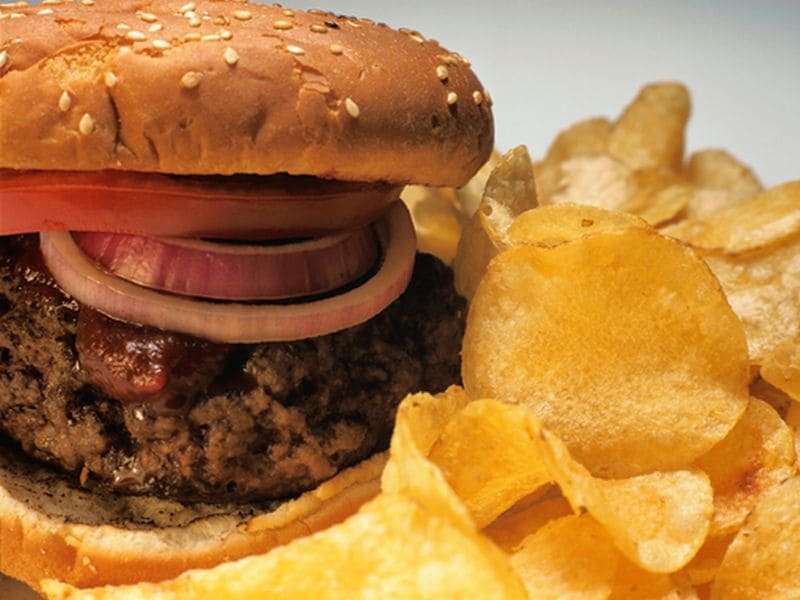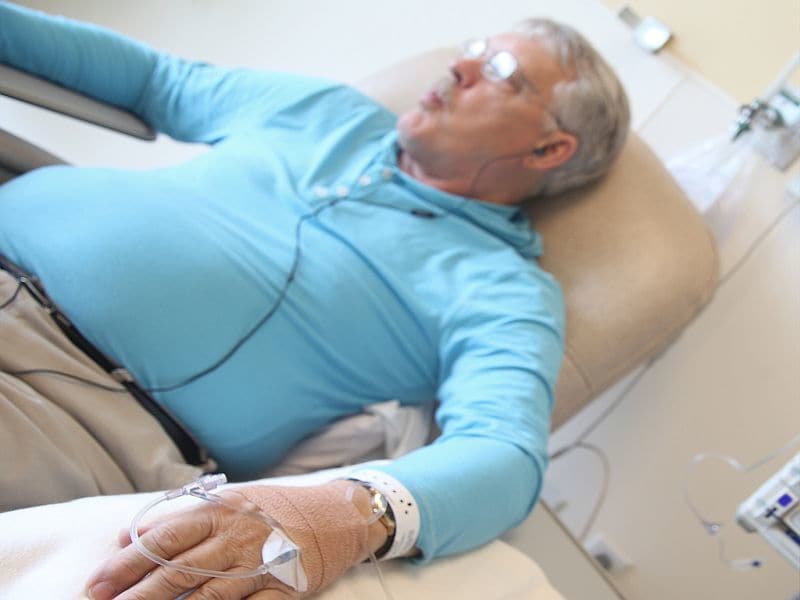
Mold can thrive in places from logs and fallen trees to bathrooms and kitchens, the American College of Allergy, Asthma, and Immunology says. It notes there are about 1,000 species of mold. Here are the group’s suggestions for limiting mold growth at home: Clean up any spills or leaks promptly. Use dehumidifiers or exhaust fans… read on >





























